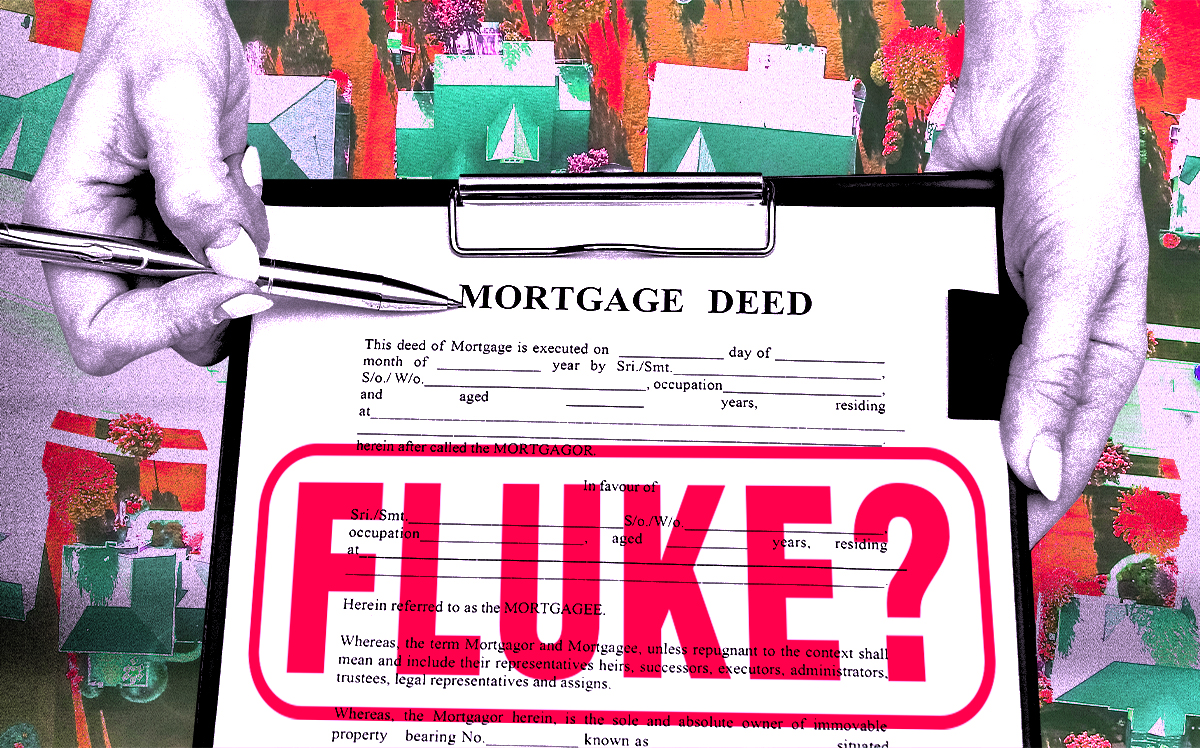Spring is typically a big homebuying season, but buyers don’t appear poised to leap into the market.
Mortgage purchase applications nosedived a seasonally adjusted 18 percent from the previous week for the period ending Feb. 17, according to the Mortgage Bankers Association survey. That sank MBA’s mortgage purchase index to its lowest level since 1995.
How long ago was that? Gangsta’s Paradise by Coolio, who died last year at 59, was the No. 1 song.
The chief culprit for the decline in purchase applications was … drum roll … rising mortgage rates. The average on a 30-year fixed-rate mortgage jumped 23 basis points from the previous week, hitting an averaging of 6.62 percent, the highest rate since November.
“The increase in mortgage rates has put many homebuyers back on the sidelines once again, especially first-time homebuyers who are most sensitive to affordability challenges and the impact of higher rates,” Joel Kan, the MBA’s deputy chief economist, said in a statement.
The news puts a damper on expectations that home sales would bounce back in the new year.
Refinancing, meanwhile, was down 2 percent from the previous week but 72 percent year-over-year; Kan said refinancings are expected to remain down for some time. Purchase applications were down 41 percent year-over-year.
Total mortgage activity — essentially purchase-loan and refi applications together — declined 13.3 percent from one week earlier on a seasonally adjusted basis.
Earlier this month, the average contract interest rate on a 30-year fixed-rate mortgage with conforming loan balances — $726,200 or below — hovered around the 6.2 percent mark. Applications were already leveling off as rates seemed to stabilize before last week’s spike in rates sent purchase applications plunging.
That said, rates are still well below where they were in October, when the average 30-year fixed peaked at 7.16 percent. The 7 percent threshold appears to be an important one for homebuyers and agents alike.
The Veterans Administration’s share of total mortgage applications decreased to 12.1 percent from 12.6 percent, while the USDA’s share remained at 0.6 percent. The FHA’s share also decreased, to 12 percent from 12.6 percent.
The average contract interest rate for a 30-year, fixed-rate jumbo loan increased to 6.44 percent. For much of the pandemic, jumbo loans have had lower rates than conforming ones, as lenders considered those deals to have less risk. But now perhaps they see more potential for buyers of expensive homes to end up underwater.
The average contract interest rate for a 15-year, fixed-rate mortgage increased to 5.98 percent; rates increased across all loan types last week.
Read more



